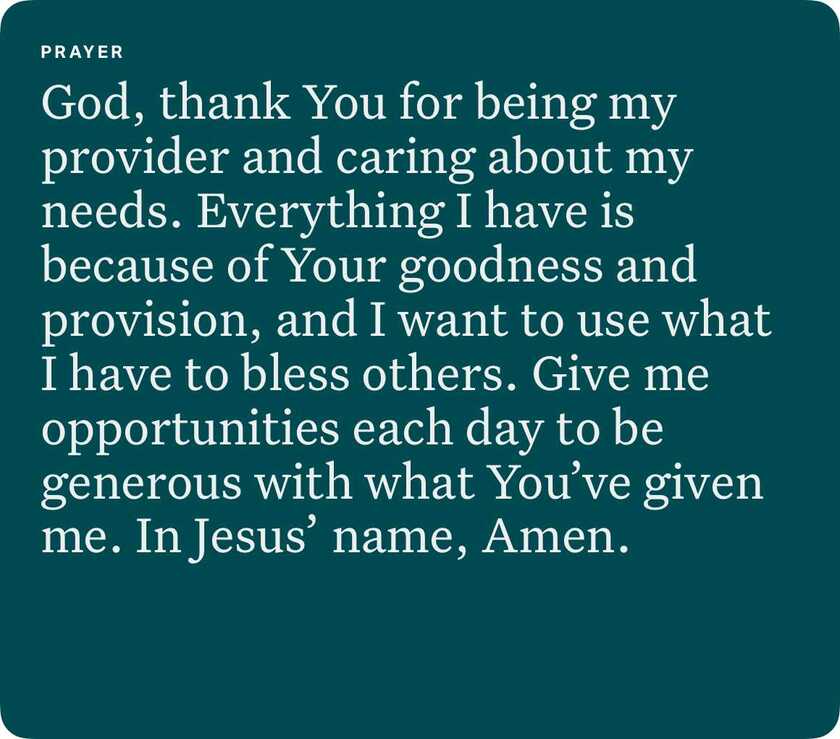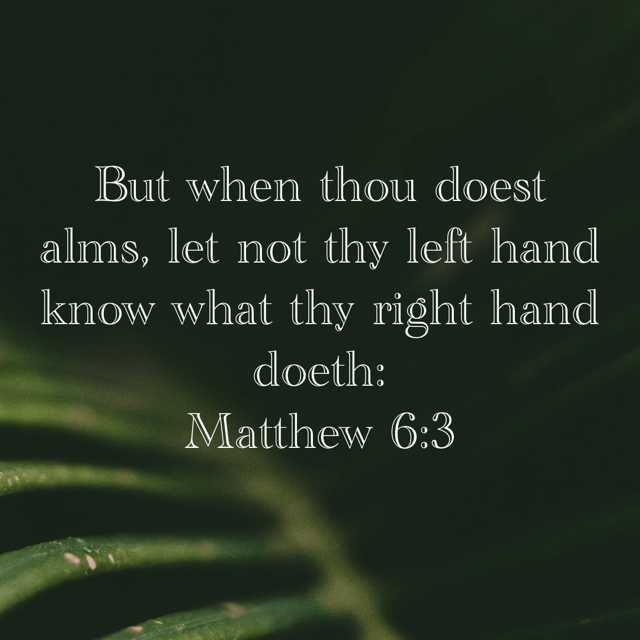I will share about Christian books I have read or listened to.
I will be sharing about my life before and after Christ. I will include stories about my pet and other pets I have encountered.
How Weakness Becomes Strength
Think of a situation you wish you could change, and then imagine what the apostle Paul must have been going through in 2 Corinthians 12.
Paul was suffering, and so he repeatedly begged God to remove his pain. But God doesn’t change Paul’s situation. Instead, God tells Paul that His “grace is enough” for him.
Charis, the ancient Greek word for “grace,” conveyed the favor God showed humanity when He sent Jesus to earth for us.
Before Jesus, people couldn’t draw near to God on their own. But Jesus made a way for anyone to experience intimacy with God. A relationship with God isn’t something we earn—it’s a free gift we receive when we accept that Jesus died for us and rose from the dead.
So when God tells Paul that His “grace is sufficient,” what He’s essentially saying is: “I am enough for you.”
God could meet Paul’s needs because God was all Paul needed—and God was with Paul. The influence Paul had was only because God chose to show off His power through him.
“For God, who said, “Let light shine out of darkness,” made his light shine in our hearts to give us the light of the knowledge of God’s glory displayed in the face of Christ. But we have this treasure in jars of clay to show that this all-surpassing power is from God and not from us.
2 CORINTHIANS 4:6-7 NIV (emphasis added)
We are all like “jars of clay”—simple and not that impressive. But when we submit our lives to God, we become containers that showcase His power.
Like Paul, we can then boast about how weak we are so that way God gets the credit for every great thing that happens to us.
Our situations might not change, but our cry often changes from, “God please remove this suffering,” to, “God, when I suffer—show me how You are using this for Your glory and my good.”
So whatever you’re facing, know that God is near. He sees you, and He loves you. Take some time today and ask God to show you how He is empowering you. Draw near to Him, and let Him strengthen you.
A Life of Generosity
As Jesus was teaching people, there was a group of leaders who were not always the best role models. When these people helped others, they would boast about it and tell everybody the good deeds they did. They made sure to flaunt their good works publicly for everyone to notice them.
Jesus’ teaching in Matthew 6:3 is directly related to what these leaders were doing. Jesus says that when we give to those in need, we shouldn’t let our left hand know what our right hand is doing. Essentially, our goal in giving to others should not be recognition.
Jesus’ teaching is about the condition of our heart. If we’re giving to others for the sake of being recognized for doing good, then we’re not helping people with the right motives. This should not stop us from giving to others, but it should guide our motives for doing so.
When we help others, we should do so primarily for their benefit—not our own. This means there’s no need to broadcast it. Instead, we should have ...















